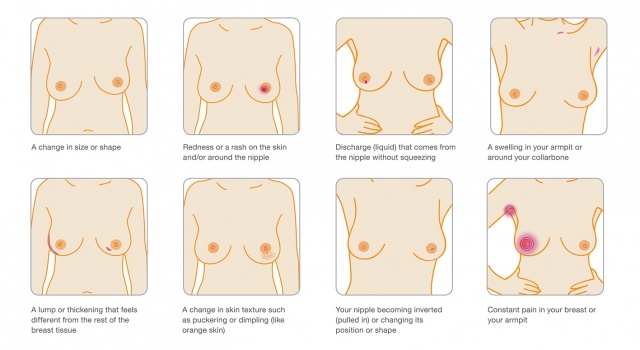It’s Breast Cancer Awareness Month, and I have been asked to write about and share some facts and information on Breast cancer, this week. This is the first in a series of posts, all about breasts. This is not just for women. Men can get breast cancer too, so if you are a bloke, reading this, and have women in your life, it’s important for you to read and share this information, with them, as well as being aware that men can also get this disease, although it’s much rarer.
Did you know?
- Every year nearly 55,000 people are diagnosed with breast cancer in the UK, that’s the equivalent of one person every 10 minutes
- 1 in 8 womenin the UK will develop breast cancer in their lifetime
- Breast cancer is the second most common cause of death from cancer in women in the UK.
Nearly 12,000 people die from breast cancer in the UK every year. - Breast cancer also affects men, but it’s rare – around 400 men are diagnosed each year.
(Statistics from Breast Cancer Org UK)
One of the most basic and easiest things to do, is to know your own breasts, examine them regularly, to know what is normal for you, and to contact your doctor as soon as you find something that is NOT normal for your breasts (for example, I know that when I am ovulating or my period is due, my breasts feel sore, and lumpy, but it goes away, during the other part of my cycle, so I don’t get alarmed normally, but if I felt a lump mid cycle, I would contact my GP)
You should check your breasts once a month, when you are not ovulating or menstruating, and make a note of what’s normal, and look out for the things in this image. If you do notice something abnormal, don’t panic (I know, that’s a silly thing to say) but seek medical advice promptly. It could very well be nothing to worry about, but don’t sit on it, or be embarrassed. Take yourself to your doctor and get them to check.
(Image source and more information)
There is some evidence to say that performing a breast self exam does not nececssarily reduce the rates of incidences of breast cancer, but knowing your breasts and what is normal and what is not, will give you a good chance of catching something wrong, and getting it looked at in good time. It doesn’t hurt, takes a few minutes and could make a difference.
For more information on breast self exams and what to look for, and who to contact you can go to Breast Cancer Org UK or NHS Choices or for information about breast cancer for men Cancer Research UK
Tommorow I will be sharing my story on what happened when I found a lump. I have a maternal family history of breast cancer (aunts, cousins) so do check myself regularly.
